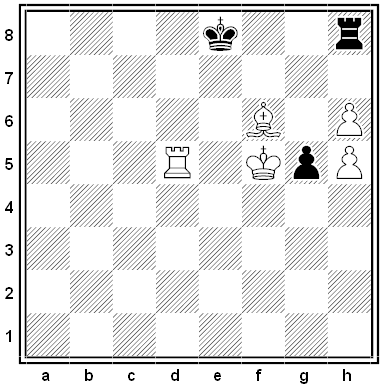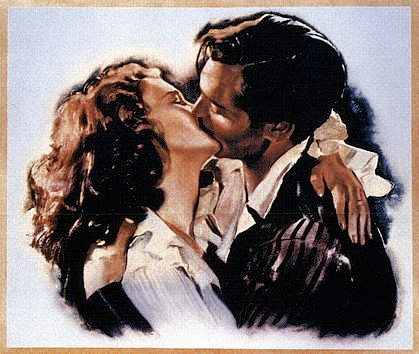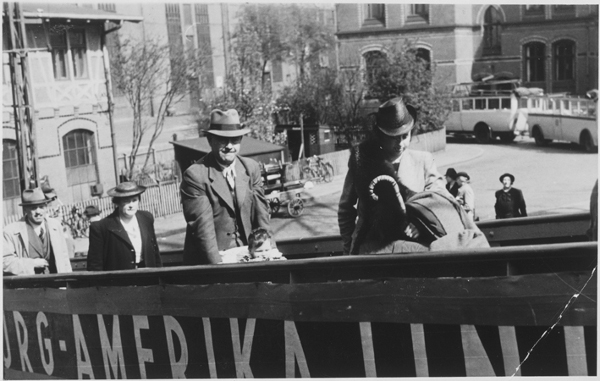
When David Huffman died in 1999, the world lost a talented computer scientist — Huffman was best known for discovering the Huffman coding technique used in data compression.
But it also lost a pioneer in mathematical origami, an extension of the traditional art of paper folding that applies computational geometry, number theory, coding theory, and linear algebra. The field today is finding wide application, helping researchers to fold everything from proteins to automobile airbags and space-based telescopes.
Huffman was drawn to the work through his investigations into the mathematical properties of “zero curvature” surfaces, studying how paper behaves near creases and apices of cones. During the last two decades of his life he created hundreds of beautiful, perplexing paper models in which the creases were curved rather than straight.
But he kept his folding research largely to himself. He published only one paper on the subject (PDF), and much of what he discovered was lost at his death. “He anticipated a great deal of what other people have since rediscovered or are only now discovering,” laser physicist Robert Lang told the New York Times in 2004. “At least half of what he did is unlike anything I’ve seen.” MIT computer scientist Erik Demaine is working now with Huffman’s family to recover and document his discoveries (PDF).
“I don’t claim to be an artist. I’m not even sure how to define art,” Huffman told an audience in 1979. “But I find it natural that the elegant mathematical theorems associated with paper surfaces should lead to visual elegance as well.”





